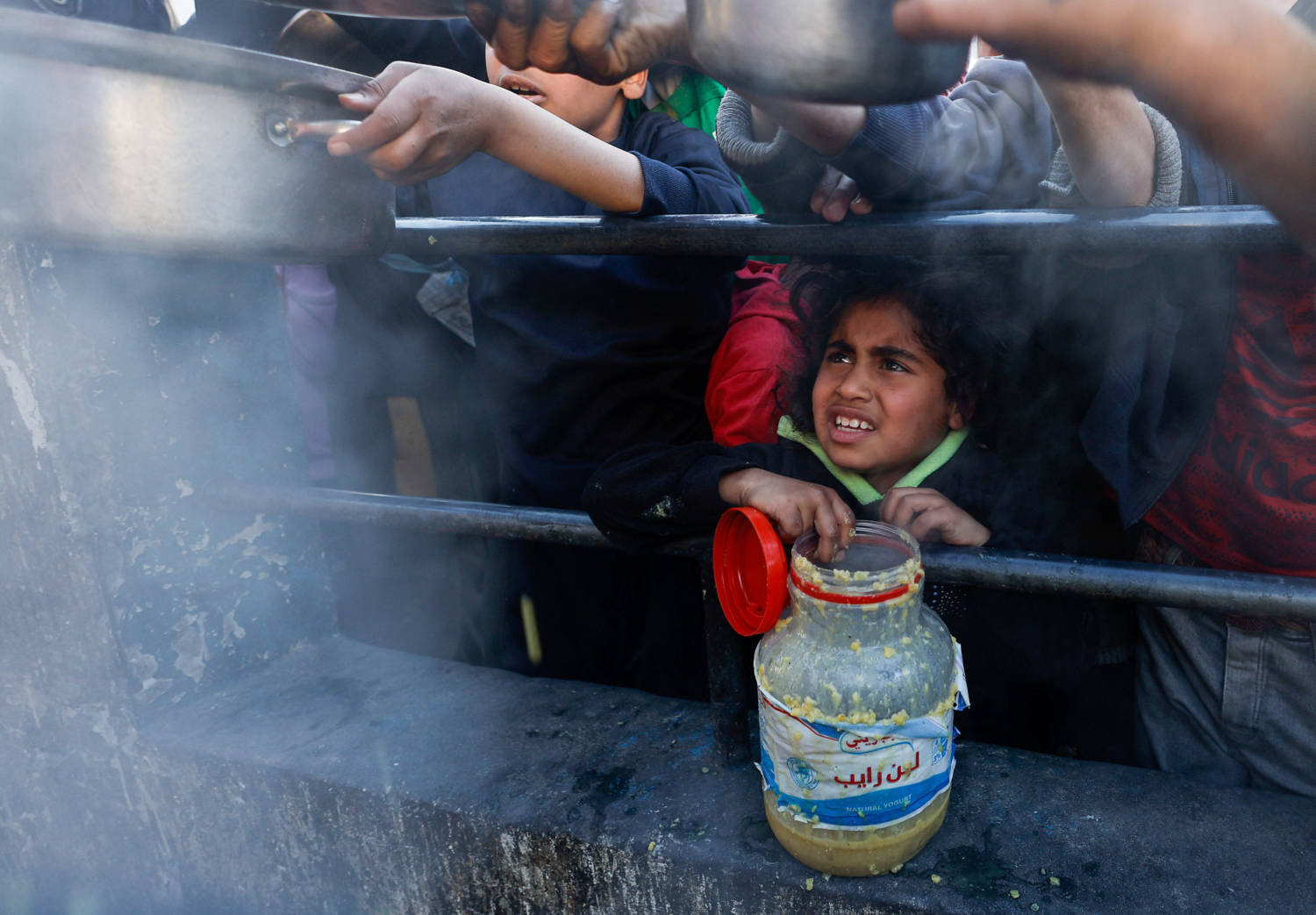**Israel Weighs Rafah Assault Amid Ceasefire Efforts and Hostage Negotiations**
In a delicate balance between military action and diplomatic negotiation, Israel has approved a potential assault on the Gaza city of Rafah, while simultaneously keeping the door open for ceasefire talks in Qatar. Israeli Prime Minister Benjamin Netanyahu has given the green light for an attack plan targeting the southernmost stronghold of Hamas, despite global appeals to avoid further civilian casualties in the war-torn region.
The Israeli Defence Force is reportedly preparing for the operation and the evacuation of Rafah’s population, although no specific timeline has been provided. The city has become a refuge for over half of Gaza’s 2.3 million residents after five months of conflict.
Amidst these developments, cautious optimism has been expressed by John Kirby, White House national security spokesperson, regarding a possible ceasefire-for-hostages proposal from Hamas. The Islamist militant group has suggested an exchange of Israeli hostages for Palestinian prisoners, including 100 serving life sentences.
However, Netanyahu’s office has labeled Hamas’ demands as unrealistic, even as an Israeli delegation is set to discuss their position before heading to Doha for negotiations. U.S. Secretary of State Antony Blinken emphasized the need for a clear and implementable plan from Israel to ensure civilian safety in any Rafah operation.
The pursuit of a ceasefire agreement continues to be a priority for Washington and Arab mediators, especially with the onset of the Ramadan holy month. Senior Hamas official Sami Abu Zuhri has accused Netanyahu of avoiding an agreement, while Israel refutes claims of genocide, focusing instead on eliminating Hamas fighters.
Tensions between Washington and Israel have surfaced, with U.S. officials expressing concern over Israel’s approach to civilian welfare during the conflict. U.S. Senate Majority Leader Chuck Schumer has called for Netanyahu’s replacement, a sentiment echoed by President Joe Biden.
In the backdrop of these political maneuvers, an Israeli airstrike in central Gaza City has resulted in casualties, highlighting the ongoing violence and urgency for a diplomatic resolution.
The first aid shipment by sea has arrived in Gaza, with the United Nations warning of a looming famine. While this new route could alleviate some hunger, aid agencies stress that it is insufficient without broader land access.
As both sides continue to present proposals for a truce, the cost of any potential deal and its implications for the region remain at the forefront of international concern.





